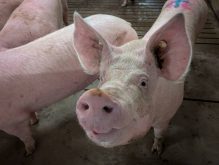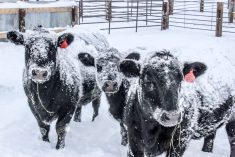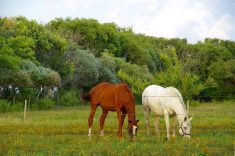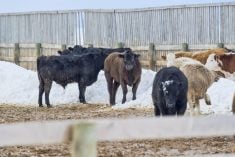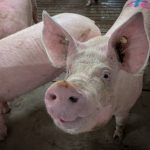The Canadian Food Inspection Agency has lifted most of the restrictions on movement of poultry in and through Saskatchewan after testing found no more cases of avian influenza H7N3 in the province.
The highly pathogenic strain of bird flu killed some animals on a poultry farm in the Regina Beach area, north of Regina, in late September, and led to the culling and burial of all remaining birds on the farm during the past month.
The agency said in a release Wednesday that this brings an official end to the avian flu response operation in this case. Live birds, including pets, can now be moved freely, as can poultry meat and eggs, throughout the province, ending restrictions that were placed on the whole province while birds near the farm, as well as representative birds from across Saskatchewan, were tested.
Read Also
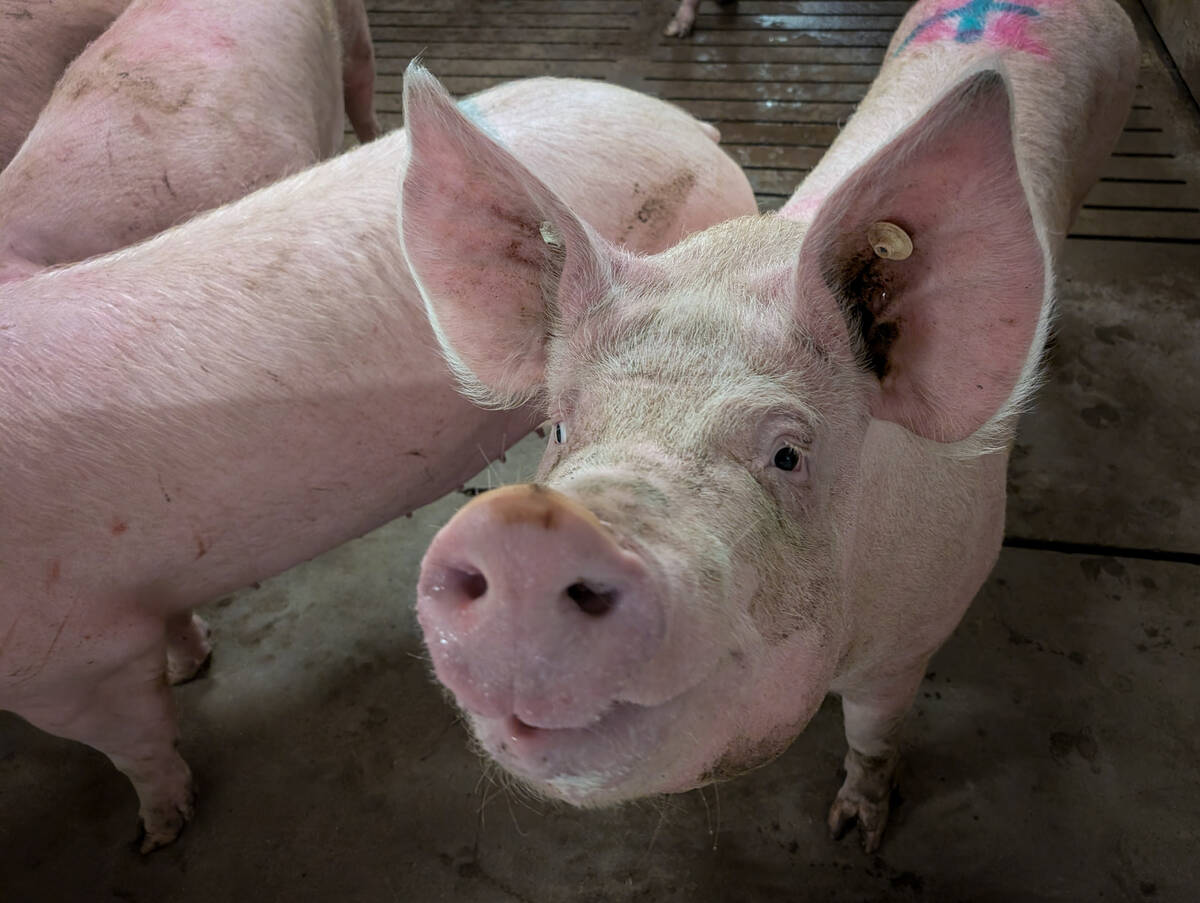
Gene edited, PRRS resistant pig approved in Canada
Canada has given its stamp of approval to pigs gene edited to resist porcine reproductive and respiratory syndrome (PRRS).
“However,” the agency noted in a release, “some countries have imposed import restrictions that are being addressed on a case-by-case basis.”
Furthermore, the farm where the virus was found will remain under CFIA restrictions until 21 days after the cleaning and disinfection of all barns, vehicles, equipment and tools on the property. Only then can the farmer involved bring new birds to the farm.
Given the cost of clean-up and the lack of available compensation for same, the farmer previously told reporters that clean-up may be a long way off. Compensation programs in such cases only cover the market value of the destroyed birds and the costs to dispose of the deadstock.
However, as the Chicken Farmers of Saskatchewan recently told the Manitoba Co-operator, the province’s poultry boards and processors have chipped in with $20,000 to help cover the disinfection and clean-up costs. A Chicken Farmers of Canada spokesman was quoted in the same article saying this case points to a significant gap in the compensation provisions of the federal Health of Animals Act.
H7N3, while highly pathogenic and harmful to infected birds, is not known to be transmissible to humans. Health officials worldwide are monitoring the spread of the H5N1 strain, which has killed several dozen people worldwide who had come in contact with infected birds over the past several years. It’s feared H5N1 could mutate into a strain that humans can catch from each other, leading to a pandemic.


